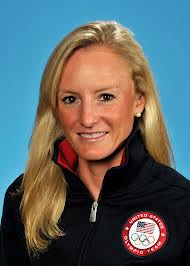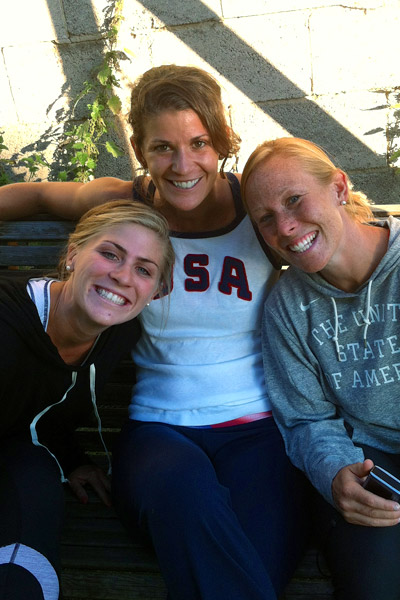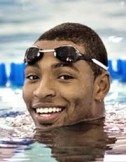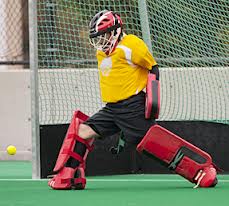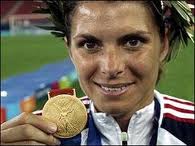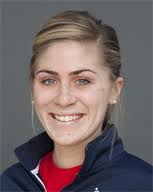 Jerry Sands, a Smithfield Selma High School grad, went 2-for-3 with the bases loaded against the Nashville Sounds on Sunday night. His two hits — two grand slams.
Jerry Sands, a Smithfield Selma High School grad, went 2-for-3 with the bases loaded against the Nashville Sounds on Sunday night. His two hits — two grand slams.
Sands, along with being named the Pacific Coast League Player of the Week, now joins an elite fraternity of only five players in the Pacific Coast League’s 109-year history to accomplish the feat, tied a PCL record by blasting two grand slams in one game while propelling the Isotopes to an 11-0 rout of the Sounds in the second seven-inning game of the doubleheader.
Aside from Sands, only Gregorio Petit (Oklahoma City, 2010), A.J. Pierzynski (Salt Lake, 2000), Babe Pinelli (San Francisco, 1929) and Pete Schneider (Vernon, 1923) have belted two grand slams in a single PCL contest. The feat has only been accomplished 13 times in the Major Leagues, with the most recent by former ‘Tope Josh Willingham on July 27, 2009.
Sands also earned a spot in Albuquerque’s history books, becoming the first Isotope to hit two slams in one game, while his career-high eight RBI ties both a Triple-A (Paul Konerko, 7/17/97) and Albuquerque record (Gerard Williams, 7/28/03). Williams’ original mark occurred almost exactly 10 seasons ago, and much like Sands, the former ‘Tope earned his eight RBI game with a two home run performance that also included a grand slam, along with a three-run shot and an RBI single.
In the opening frame of the second contest, Sands dug into the box with one out and the bases loaded and proceeded to crush a 1-0 offering over the right-field fence for his first grand slam of the game, and the fifth slam of his career.
One inning later and for the second time in as many at-bats, Sands again stepped up to the plate with the bases juiced. However, after working a 2-1 count, the outfielder ultimately delayed his entrance into the record books by grounding out to third for the final out of the inning.
But on a wild Sunday night in Nashville, Sands would not be denied baseball immortality.
For the third consecutive at-bat, this time in the fourth inning, Sands found himself at the plate with three runners on base.
“I grounded out the second time and it was pretty cool to see [the bases loaded] again,” Sands told MiLB.com. “Obviously, I’m trying to get the ball elevated and if I get a hold of one, I knew it could get out.”
In almost identical fashion to his first slam, Sands hammered a 1-0 fastball from Seth McClung, crushing a bases-loaded homer to left-center to become just the fifth player in PCL history to mash two grand slams in one game.
“I just thought about driving the ball to bring in a run,” he said. “In both situations, there were less than two outs and I just wanted to get it to the outfield for at least a sacrifice fly.”
Sunday’s contest was Sands’ second multi-homer game of the season and also marks just the third time in franchise history the Isotopes, as a team, have belted two slams in a single game. Though not hit by the same player, Albuquerque previously lifted a pair of grand slams on April 13, 2003 and June 21, 2010.
Further etching himself in Isotopes history, Sands remains one of only 32 players to hit a grand slam for Albuquerque, and just the seventh with three or more slams as an Isotope. His pair of four-run homers is the club’s 49th and 50th grand slams, as well as the 91st multi-homer game in the ‘Topes 10-season history.
Before stealing the show in the second game, Sands also displayed heroics in the opening contest of the ‘Topes doubleheader. With the game knotted 2-2 in extra innings, the outfielder roped a two-run double to right that paced the Isotopes’ 4-2 win over Nashville. Sands finished the twin-bill a combined 4-for-7 with 10 runs batted in, and now ranks fourth in the PCL with 72 RBI and fifth with 18 homers.
As Albuquerque nears the tail end of what Sands calls a “down year” for himself, the slugger seems to have rediscovered his stroke at the plate, smacking a league-best six dingers through the last 11 games.
“I feel a lot better the last week or so swinging the bat,” he said. “What they’re looking at me to do is drive the ball, hit home runs, and hopefully this is something strong to end the season on. I figure with a month, month and a half left, I can build on this game after game.”
For his recent exploits, Sands was named the PCL Player of the Week for the period of July 23-29, a span in which he batted .375 (12×32) with a double, three home runs and 11 RBI.
– News release
 During these London Olympics, the United States field hockey team beat one of the top teams in the world in Argentina but today embarrassingly loss to one of the worst in South Africa 7-0.
During these London Olympics, the United States field hockey team beat one of the top teams in the world in Argentina but today embarrassingly loss to one of the worst in South Africa 7-0.